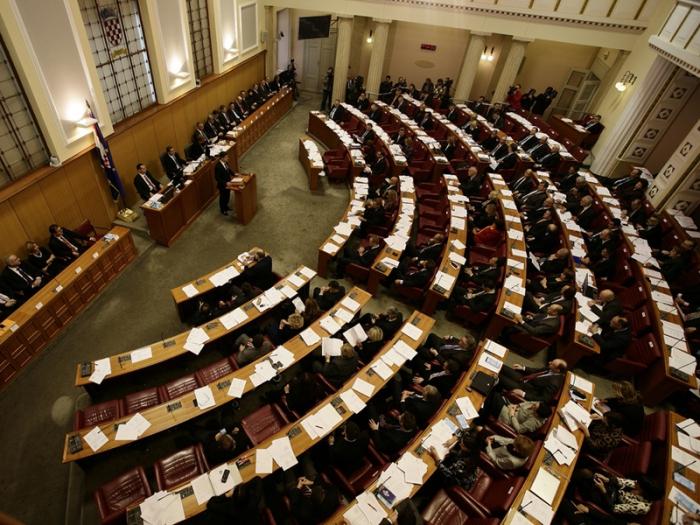Ratification is a concept that relates to constitutional and international law. It is disclosed as a form of adoption of important legal provisions, agreement with them and the intention to implement the declared principles.
In interstate relations, this procedure is not always mandatory. Treaties concluded during the war or of an administrative nature are not subject to ratification. In the past (tentatively, until the 18th century), this form was optional for all treaties - the signing of an international document was recognized as sufficient. Now ratification is a mandatory (with the exception of the above cases) procedure, which means the enforcement of the treaty.
The final adoption of the agreement obliges the state to bring domestic legislation into line with the provisions of the document. Thus, some inconsistency arises: on the one hand, the Constitution has the highest legal force, on the other - it should not contradict the accepted treaty. Consequently, inconsistencies from the “fundamental law” must be eliminated. This means that all other norms are subject to adjustment. In fact, the norms of international law are prioritized by constitutional provisions.

Thus, for states in which senior officials behave in accordance with the provisions of the law, ratification is a procedure that is fully consistent with the letter of this law itself. But in the conditions of systematic infringement of the rights of citizens by officials, in the absence of an effective mechanism of popular expression of will (as a result of the confidence of a significant part of the public in falsification of elections), the form of state consent with the provisions of the international document becomes a terrible weapon against democracy in the hands of the autocrat. In this context, ratification is an opportunity to circumvent the “will of the people” and change the document of higher legal force adopted at the referendum.

In light of recent events, the following fact is really interesting. Changing the Constitution, when ratification of international treaties is a priority, is an insurmountable difficulty. But when it comes to adjustments to the “fundamental law” in order to improve the situation of individual officials and authorities, the procedure is implemented quickly and without a hitch.
Of course, in order to amend, for example, the Constitution of the Russian Federation (chapters 3–8), representative bodies (at least 2/3 of the subjects) must vote positively. However, as practice shows, in the conditions of bureaucracy and corruption and if desired by representatives of the central government, this procedure can be carried out in record time, despite the fact that formally it takes much more time.
Thus, the ratification of the treaty can be both an effective tool for improving national legislation, and a dangerous weapon that can circumvent the will of the people, destroy democracy, and lead to irreversible consequences for the rule of law in the country.